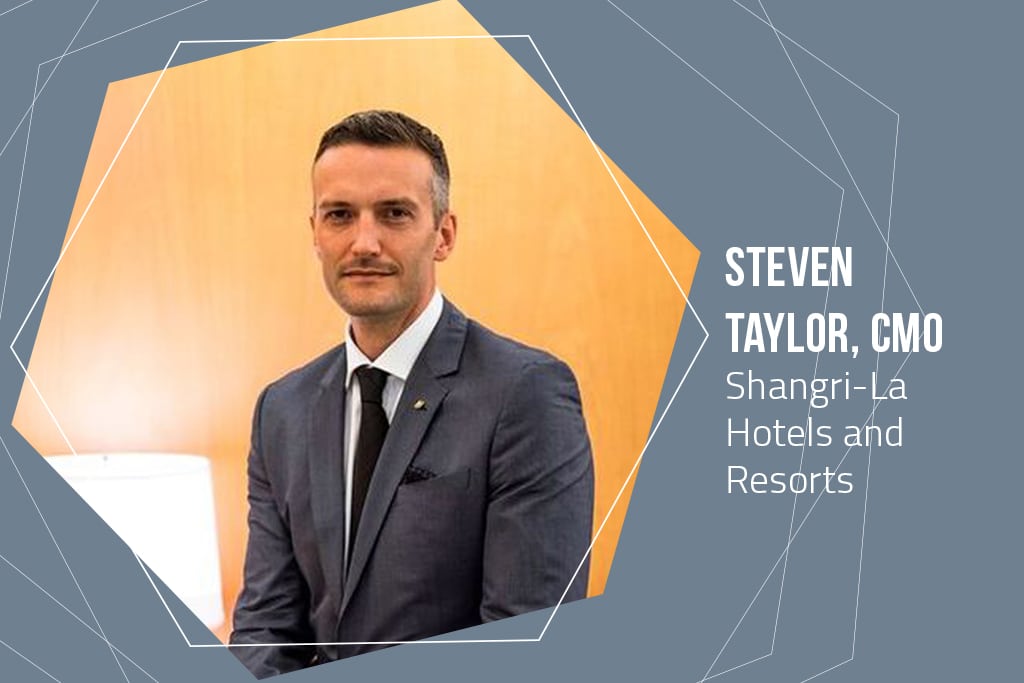Skift CMO Interviews: Shangri-La Hotels and the Future of Content Marketing in China

Skift Take
From Snapchat to virtual reality, Shangri-La has no choice but to go head first into the latest marketing technology, and quickly, as Chinese consumers — one of its core markets — have a strong appetite for content.
Editor's Note: Following our previous CEO interview series in online travel, hospitality, and destinations, Skift has launched a new series, this time focused on Chief Marketing Officers.
To better understand the big marketing challenges facing travel brands in an age when consumers are in control, Skift's What Keeps CMOs Up at Night will talk with the leading voices in global marketing from across all the industry's sectors.
These interviews with leaders of hotels, airlines, tourism boards, digital players, agents, tour operators and more will explore both shared and unique challenges they are facing, where they get insights, and how they best leverage digital insights to make smarter decisions.
This is the latest interview in the series.
With nearly half of its portfolio located in China, Hong Kong-based Shangri-La Hotels and Resorts feels the pressure to satisfy content cravings of Chinese consumers perhaps more so than hotel chains anchored elsewhere in the world.
Steven Taylor, chief marketing officer of Shangri-La Hotels and Resorts, sees a convergence of customer experience and marketing and views the CMO role as a "guardian of the customer" that's concerned with more than launching campaigns. He views guests themselves as a form of media, one they enjoy consuming for their selfies or other inspiring images, and regularly meets guests to listen to them to gauge content interests.
Shangri-La is a case of one hotel needing two feet in two very different worlds: China, where WeChat dominates content marketing, and the rest of the world where a mix of platforms are important. The brand's heavy presence in China has forced it to produce content for Chinese consumers more rapidly as demand is fierce and technology advances faster than in other regions, according to Taylor.
Taylor feels brands should talk less about themselves and more about their customers in campaigns and points to Shangri-La's Loyalty Is campaign as an example. The video campaign aims to foster a global conversation on what loyalty means to Shangri-La's guests and staff and the videos have four million total views since its launch two months ago.
In the past six months Shangri-La has dived into technology many brands are testing such as virtual reality videos (which Taylor said have a combined 200 hours of viewing) and also explored channels with less travel brand parti
